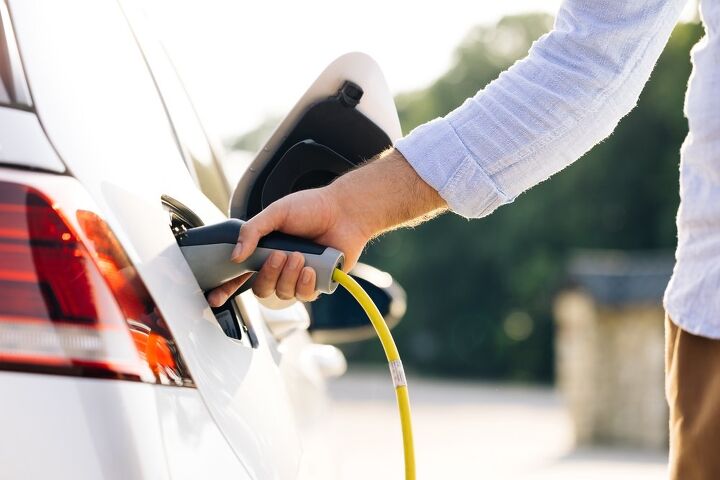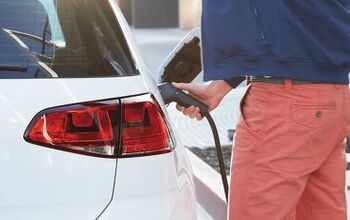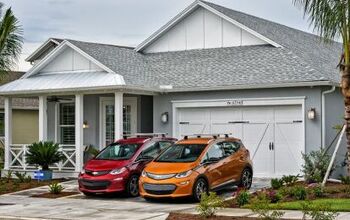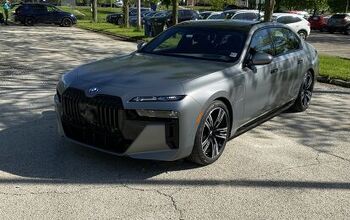Are Electric Cars Really Helping the Environment?
A recent study by the Keck School of Medicine of USC provides new insights into the potential benefits of electric vehicle (EV) adoption. The research, published in the Science of the Total Environment journal, presents the first real-world data linking EVs to reductions in air pollution and respiratory issues. This study marks a significant step in understanding the impact of electric cars on public health and the environment.
Understanding the Impact: Research Methodology
The researchers used multiple data sources to conduct their analysis. They gathered information on the total number of zero-emission vehicles (ZEVs), which include battery electric, plug-in hybrid, and hydrogen fuel cell cars, from the California Department of Motor Vehicles. The team also analyzed air pollution levels, focusing on nitrogen dioxide (NO2), and the rates of asthma-related emergency room visits across various California zip codes from 2013 to 2019.
Findings: Reduced Pollution and Health Risks
The results revealed a clear pattern: As the adoption of ZEVs increased within a zip code, there was a notable decline in local air pollution and asthma-related emergency room visits. Specifically, for every additional 20 ZEVs per 1,000 people, there was a 3.2 percent reduction in the rate of asthma-related emergency visits. Furthermore, the study showed a modest decrease in NO2 levels, a pollutant closely linked to traffic emissions.
Socioeconomic Disparities in ZEV Adoption
However, the study uncovered an adoption gap in ZEVs, with slower uptake in lower-resource areas. This gap highlights a need for policies that promote equitable access to clean transportation, particularly in communities disproportionately affected by pollution and related health issues.
Future Research and Broader Implications
While the study's findings are promising, the researchers acknowledge that more investigation is needed. Future research should explore additional pollutants, other vehicle classes, and broader environmental impacts of ZEVs, including the emissions from their production and disposal.
Conclusion
The study by the Keck School of Medicine of USC offers another case for the adoption of electric vehicles, not just for environmental reasons but also for public health benefits. It underscores the importance of considering local actions in the global fight against climate change and highlights the potential for significant health improvements through technological advancements in transportation.
This article was co-written using AI and was then heavily edited and optimized by our editorial team.
More by TTAC Staff
Latest Car Reviews
Read moreLatest Product Reviews
Read moreRecent Comments
- Buickman Get a Horse
- Zerofoo I particularly like the engine bay photo with what looks like an 8GA wire hanging off the battery post going nowhere. Hopefully there is a fuse or a disconnect hidden behind the battery or this thing might burn on the ride home.
- Zerofoo Should your car take over....if you voted the "wrong way"?Should your car take over....if you purchased "bad things"?Should your car take over....if you haven't eaten your broccoli and gone to the gym today?This kind of garbage makes me want to buy an old mechanical diesel car with NO electronics.
- Wjtinfwb "I generally lean in favor of unions as a way to give labor equal power with management," Why should labor have equal power to management? Where's their investment in the company? How many vendors, suppliers, municipalities, dealers and customers are dependent on their efforts? How long do you think it takes VW or GM to replace the guy who bolts wheels on a Silverado or seats in a Atlas? Employees are valuable, but once you put them into a collective, you give the employee base outsize power over the company to make decisions they would otherwise not make. That's Hostage taking.
- Wjtinfwb The fast development of Hybrid's like this Civic and the new Camry will continue to exert downward pressure on EV sales. I'd have no problem considering a Hybrid in my next car or truck, but would not consider an EV at all due to continued range, charging time and charging availability in addition to price.


































Comments
Join the conversation